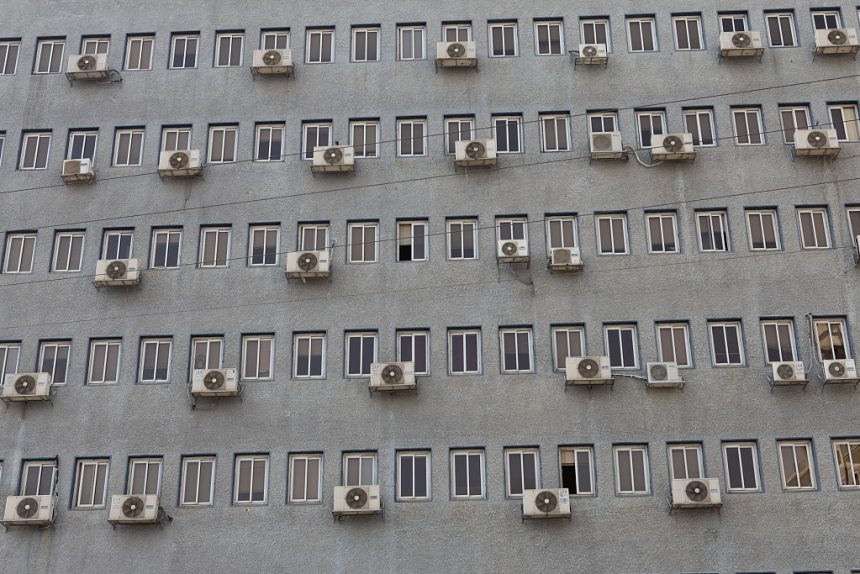Air conditioning systems play a crucial role in keeping people comfortable and safe during heat waves and extreme temperatures. As the world experiences record-breaking heat waves and rising global temperatures, the need for air conditioning is becoming more urgent than ever. Not only does air conditioning help prevent heat-related illnesses and deaths, but it is also essential for refrigerating food and medicines, cooling sensitive equipment like computers, and maintaining optimal conditions in various industries.
However, the widespread use of air conditioning contributes to the increase in global greenhouse gas emissions, exacerbating climate change. In areas with extreme heat, such as Europe, air conditioning is no longer a luxury but a necessity to prevent heat-related fatalities. Vulnerable populations, such as children, the elderly, pregnant women, and outdoor workers, are particularly at risk during high temperatures.
The demand for air conditioning is steadily increasing, with sales rising in response to higher temperatures and growing populations. As more people in developing countries reach higher incomes, the demand for air conditioning is expected to rise significantly. Urban areas, where temperatures tend to be higher due to the urban heat-island effect, are experiencing a surge in air conditioning use.
In addition to human comfort and safety, the demand for cooling is also driven by the growth of artificial intelligence, cloud computing, and cryptocurrencies. Data centers, responsible for a significant portion of global greenhouse gas emissions, require extensive cooling to operate efficiently. Innovative cooling technologies, such as submerged servers and underwater data centers, are being developed to reduce energy consumption and reliance on traditional air cooling methods.
Access to cooling has become a pressing environmental justice issue, as wealthier households are more likely to have air conditioning compared to lower-income communities. The lack of green infrastructure in marginalized communities exacerbates heat-related health risks, further highlighting the need for equitable access to cooling technologies. As the energy transition progresses, efforts must be made to ensure that vulnerable households have access to renewable energy solutions and incentives to reduce their energy burden.
The climate impacts of air conditioning are significant, with cooling accounting for a substantial portion of global electricity consumption and greenhouse gas emissions. As electricity demand for cooling continues to rise, largely driven by coal-fired power plants in high-demand regions, efforts to reduce emissions from air conditioning are essential to mitigate climate change. Innovative and sustainable cooling technologies, coupled with equitable access to cooling solutions, are crucial in addressing the challenges posed by rising temperatures and increasing demand for air conditioning.






